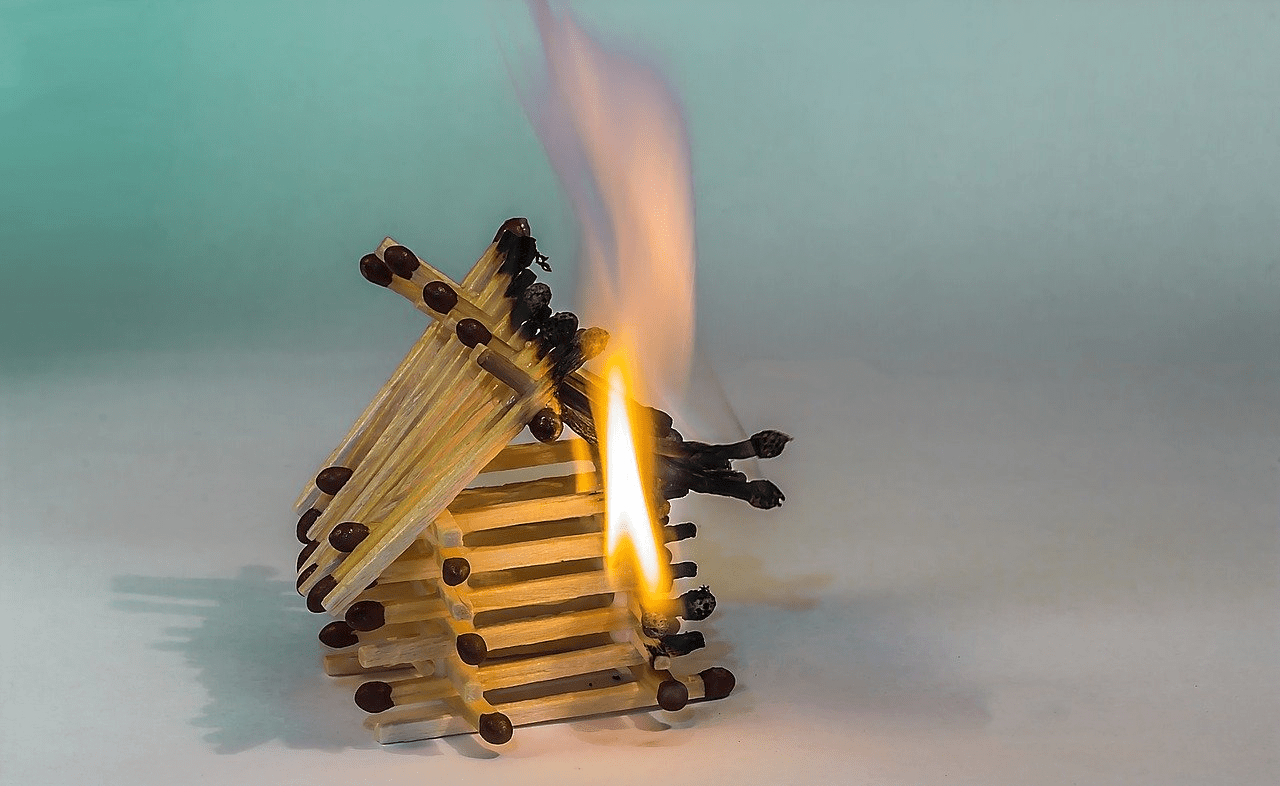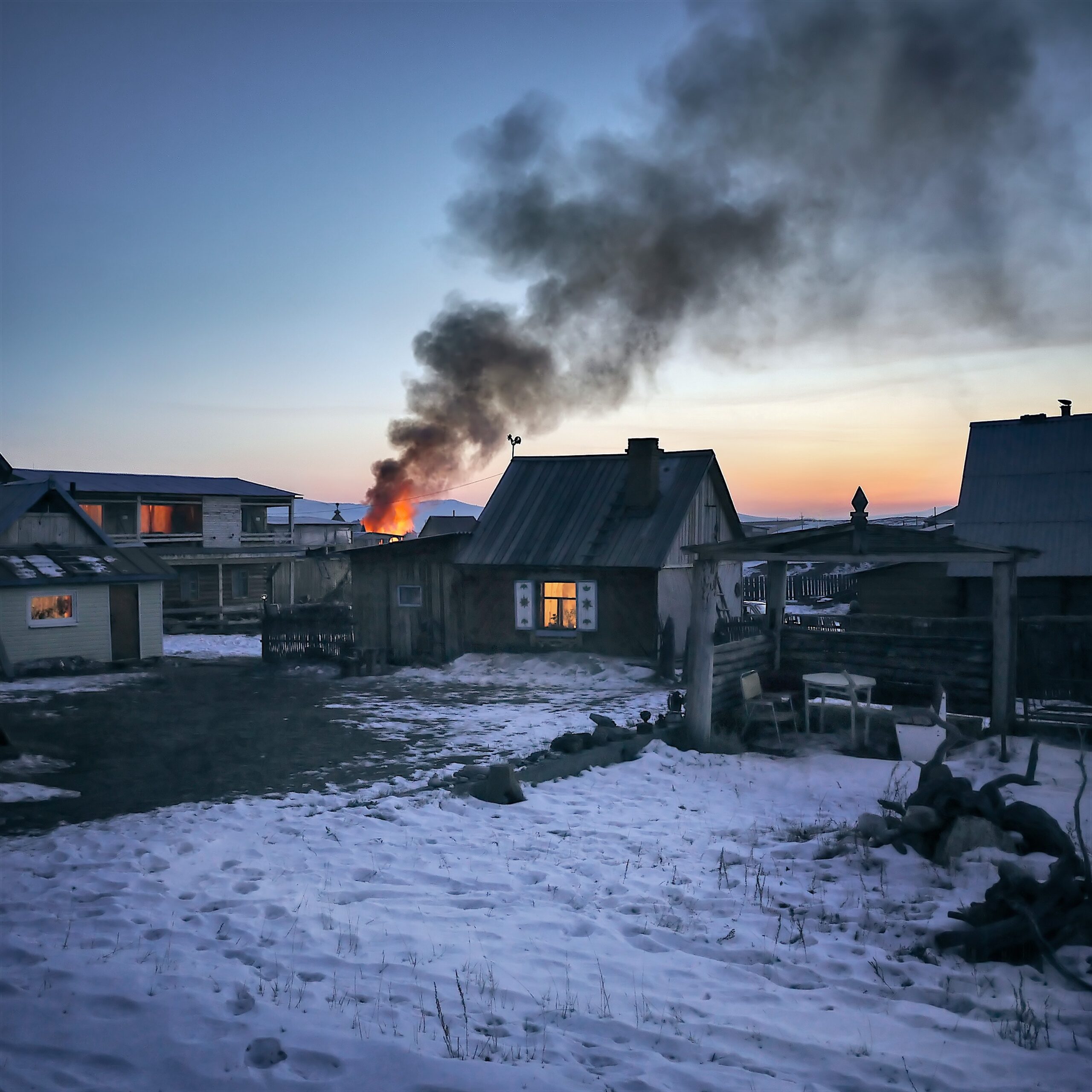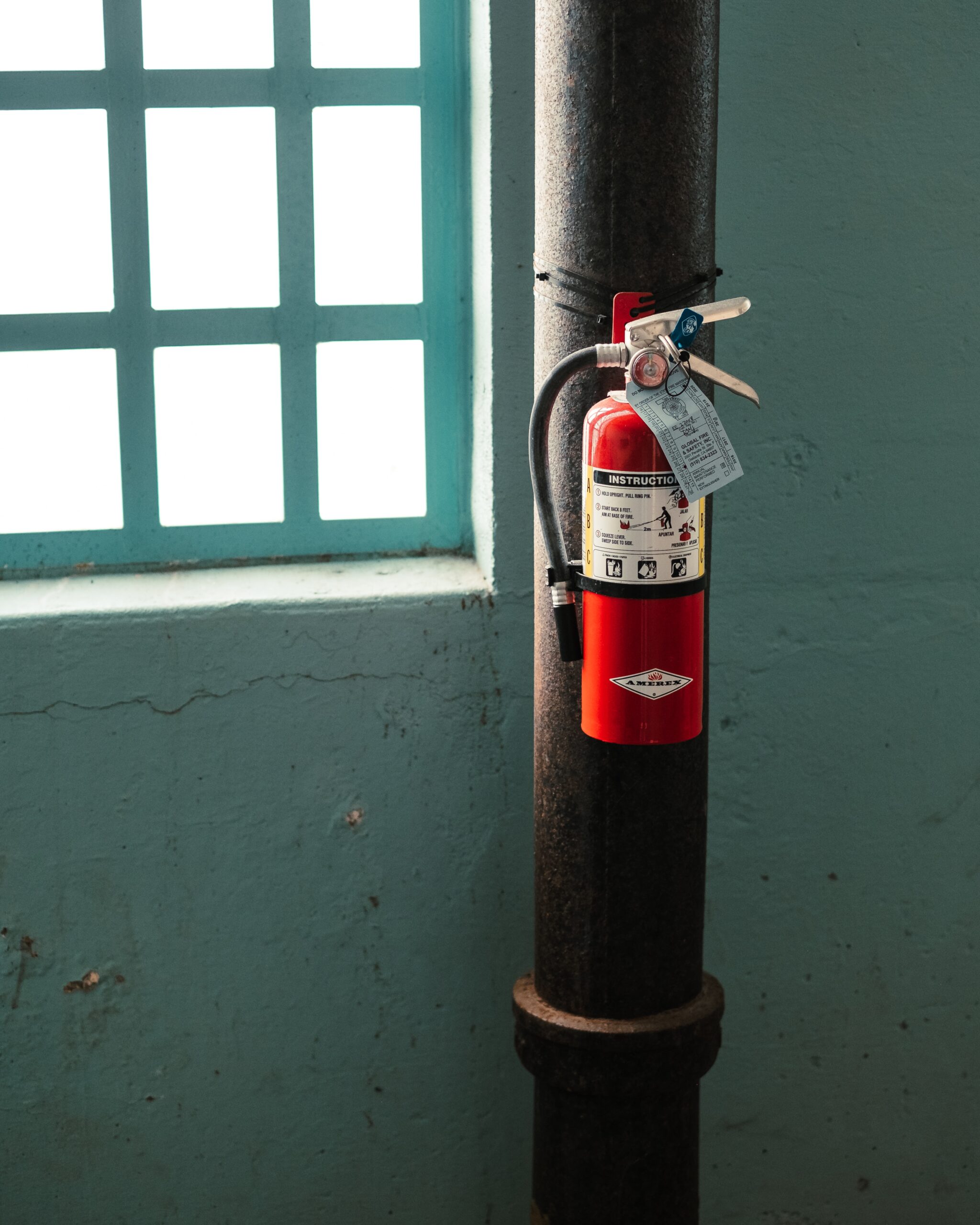If your family has experienced a house fire or similar loss, here’s some pointers about what to do after a house fire immediately and in the long term.
1. File Your Claim
You are expected to notify your insurer quickly after experiencing a loss. You should not wait to file your claim in writing. Once the insurer has come to know about the loss, then he should hire an insurance claim adjuster to assess the extent of the damage.
If the loss is sizable, including an extended stay away from your home, lost belongings, and structural damage; you might want to consider working with a public adjuster or fire insurance claims lawyer like www.vosslawfirm.com.
2. Secure Your Property
Once you’ve been given permission to re-enter the property by the fire department, you are expected to take reasonable steps to prevent further damage. The insurance company might do this themselves, but if they are not acting swiftly, there are few things you should consider in the meantime:
- Covering an open roof with a tarp to prevent exposure or leaks;
- Boarding up doors and windows to prevent vandalism, squatting, and looting;
- Fencing off the property;
- Turning off the electricity (if it’s still on) to avoid further damage; and
- Turning off the water to avoid a burst pipe.
Typically, the insurer will help cover these costs – so make sure you keep receipts and submit them as soon as possible.
You should also take this opportunity to remove any belongings that can be salvaged, as they are at risk of theft. The insurance company will typically want to do this themselves, so talk to them first, and take detailed photos and information about anything you remove yourself.
3. Keep Track of Your Living Expenses
When you no longer have the use of your home, your insurance policy will cover additional living expenses such as rental costs, additional food costs, storage, and additional transportation costs. Keep and organize your receipts and keep track of all your spending.
4. Revise Your Insurance for the Recovery Period
During the structural repair period, you may want to adjust your home insurance to reflect the new reality of the property. You will have to keep paying home insurance premiums because there is still a risk of further damage. Vandals, squatters, looters, and the weather still pose a threat that could increase the extent of the loss. Try not to fret though as most restoration companies work with insurance companies on a daily basis. This insurance restoration process really helps to decrease the time you spend out of your home.
However, you may no longer have personal belongings on the property. If all personal items were lost in the fire your contents insurance can be drastically reduced until you start replacing the items. If some items remain in storage you should verify what type of coverage is available to you.
There may be other types of insurance you need during the recovery period, such as liability insurance or insurance to protect building materials. Be sure to check out great options like Myrtle Beach Home Insurance and others for help.
5. Upgrade Insurance to Reflect Renovations
If you’ve renovated your home or had to upgrade materials in your home due to updated bylaws, your new home insurance policy after the repair period should reflect the new replacement costs of the structure.
You can consider upgrades that reduce your insurance premiums if you want to minimize the impact of renovations on your premiums. These can include storm windows, water shutoff devices, and upgraded roofing to make your home more resilient against water damage, weather, and wildfires.
Follow these steps and you can make the insurance claims process as painless as possible.
How long does it take to rebuild your home after a fire?
Depending on the degree of damage and the intricacy of the rebuilding process, the time it takes to restore a home after a fire can vary greatly. After a fire, a residence may need to be rebuilt for several months to more than a year.
Identifying the extent of the needed work and evaluating the damage are the first steps in the procedure. This could entail figuring out the amount of damage and creating a reconstruction strategy with the help of contractors and insurance providers.
The actual reconstruction procedure can start after the planning stage is finished. Damaged structures may need to be demolished, damaged areas rebuilt, and new systems and fixtures installed.
The availability of personnel and building supplies, regional building regulations and permits, and weather conditions can all affect how quickly a structure needs to be rebuilt. It is crucial to engage with knowledgeable experts who can lead you through the procedure and explain what to anticipate in terms of fees and duration.
Your budget for reconstruction and fire damage repair
Rebuilding a home after a fire may be simpler if you have enough cash. If you have enough money, it will be simpler for you to acquire the necessary professional assistance for fire damage restoration. But for a lot of people, that is not the case.
Finding the professional services you can afford while meeting your needs can be more difficult when your budget is limited. The same is true if your insurance coverage is insufficient.
Your home should ideally be insured up to its rebuilding value, but you might need assistance determining the precise coverage. After a house fire, speak with your insurance agent very away. They can assist you in determining which expenses are covered and which ones you will have to cover yourself.
The ability to put out a fire in your home or apartment using technology
Restoration after a fire can take three weeks to more than a month. Yet, the restoration process may go faster and be simpler if your home or apartment is fitted with contemporary fire extinguisher technology.
Mist firefighting system
The current misting system will spray millions of small water droplets, unlike the traditional firefighting systems used in flats and office buildings, to increase the area of water that comes into contact with the fire and swiftly puts it out.
This system’s impact is comparable to that of a fire extinguisher. To put out a fire in a structure as rapidly as feasible, a large-scale mist system can be deployed.
The acoustic extinguisher
By separating flammable materials from oxygen using sound waves, the acoustic extinguisher will stop the fire from spreading.
Also, the device’s sound waves will quickly put out even tiny flames. This approach to putting out a fire is quite effective because it does not utilize water or chemicals.
Is it Safe to Reside in a Smoke and Fire Damaged Residence?
It makes sense that once a fire has been put out, you would forget to have the smoke damage cleaned up. To avoid future concerns with poor indoor air quality that could result in health issues, it is crucial for your health and safety that you remove any soot or other material that has been left behind. Until all of the smoke and fire damage has been cleared, it is not safe to return to your home and live there.
Health Hazards After a Home Fire
If you do not properly clean up after a house fire, you could have breathing problems, skin problems, eye irritation, as well as long-term concerns like cancer or a heart attack. Although it may be tempting to clean soot and smoke damage on your own, even something as basic as wiping smoke off surfaces could worsen the situation.
How soon can I move back in after a fire?
The extent of the damage to your home will determine when you can return following a fire. You ought to be able to go back to your house quickly if the fire did not do much damage. Yet, it can take a while before you can move back in if the fire severely damages your house. Examples of what to anticipate for a little, mid-sized, and major fire are given below.
Small House Fire
Repairs will not usually take long after a small house fire, especially if it only affects one room. The elimination of soot and fire-related odors will be the key priority.
How long the restoration process will take will be known by your Fire repair crew.
Mid-Sized Fire
Your house will still need repair and cleanup if a medium-sized fire caused damage to it. There could be damage to the furniture, walls, floors, and other items. The length of time it will take to fix your house will primarily rely on how bad the damage is.
Huge Fire
Your home will sustain significant damage from a major fire. The process of rebuilding and repairing will require a considerable amount of time, usually several weeks at the very least, with the possibility of many months for repairs.
Prevent Home Fires
Fires in homes may be prevented. These are some straightforward actions that any one of us may do to avert a disaster.
Cooking
- While you are grilling, broiling, or frying meals, remain in the kitchen. If you are going to leave the kitchen even briefly, turn off the stove.
- When cooking, dress in short, fitted clothing or sleeves that are tightly rolled.
- Grills should be placed at least 10 feet away from deck railings, siding, and eaves, as well as outside of any overhanging trees.
- Keep a fire extinguisher nearby.
Electrical and Appliance Safety
- Fires can start from frayed cables. Never run appliance wires beneath carpets or furniture; instead, replace any that are worn, outdated, or broken right away.
- Use a three-slot outlet only if an appliance has a three-prong socket. Never try to push it into an extension cable or two-slot outlet.
- Light switches that feel warm to the touch and flickering lights should be turned off right away and properly replaced.
Holiday Safety
- As you go to bed or leave the house, turn off the holiday lights.
- Any light string with damaged or worn cables or loose bulb connections should be replaced.
- Use flameless candles if possible or keep candles at least 12 inches away from anything combustible.
- Do not allow your Christmas tree to dry out by giving it daily watering. A dry tree will burn more readily.
- Ensure sure your tree is not obstructing an exit and is at least three feet away from any heat sources, such as heaters, radiators, candles, heat vents, or lights.
- Outlets and extension cables should not be overloaded.
Fireplaces and Woodstoves
- Woodstove pipes and chimneys should be inspected annually, cleaned, and checked every month for damage or blockages.
- Choose a fireplace screen that is both large enough to cover the full aperture of the fireplace and heavy enough to halt rolling logs and flying sparks.
- When leaving the house or retiring to bed, be sure the fire is totally out.
Portable Space Heaters
- At least three feet should separate flammable items from portable heaters.
- Buy only heaters that have been examined by a reputable laboratory, like Underwriters Laboratories (UL).
- Be sure the portable heater has a thermostat control system and an automatic shut-off feature in case it tips over.
- With kerosene heaters, only use K-1 kerosene that is crystal clear. Never fill it too high. Use the heater away from draperies and other flammable materials in a well-ventilated space.
Keeping Children Safe
- By letting kids know that fire is a tool and not a toy, you may take the mystique out of playing with fire.
- Keep lighters and matches out of sight and reach of youngsters by keeping them, preferably, in a locked cabinet.
- Never, not even briefly, leave kids unsupervised near a burner that is in use or a candle that is burning.
More Fire Prevention Tips
- Never heat your house using a stove, range, or oven.
- Avoid putting flammable or combustible substances near heat sources.
- Never use a portable generator indoors, and only refill it outside, in a well-ventilated environment.



